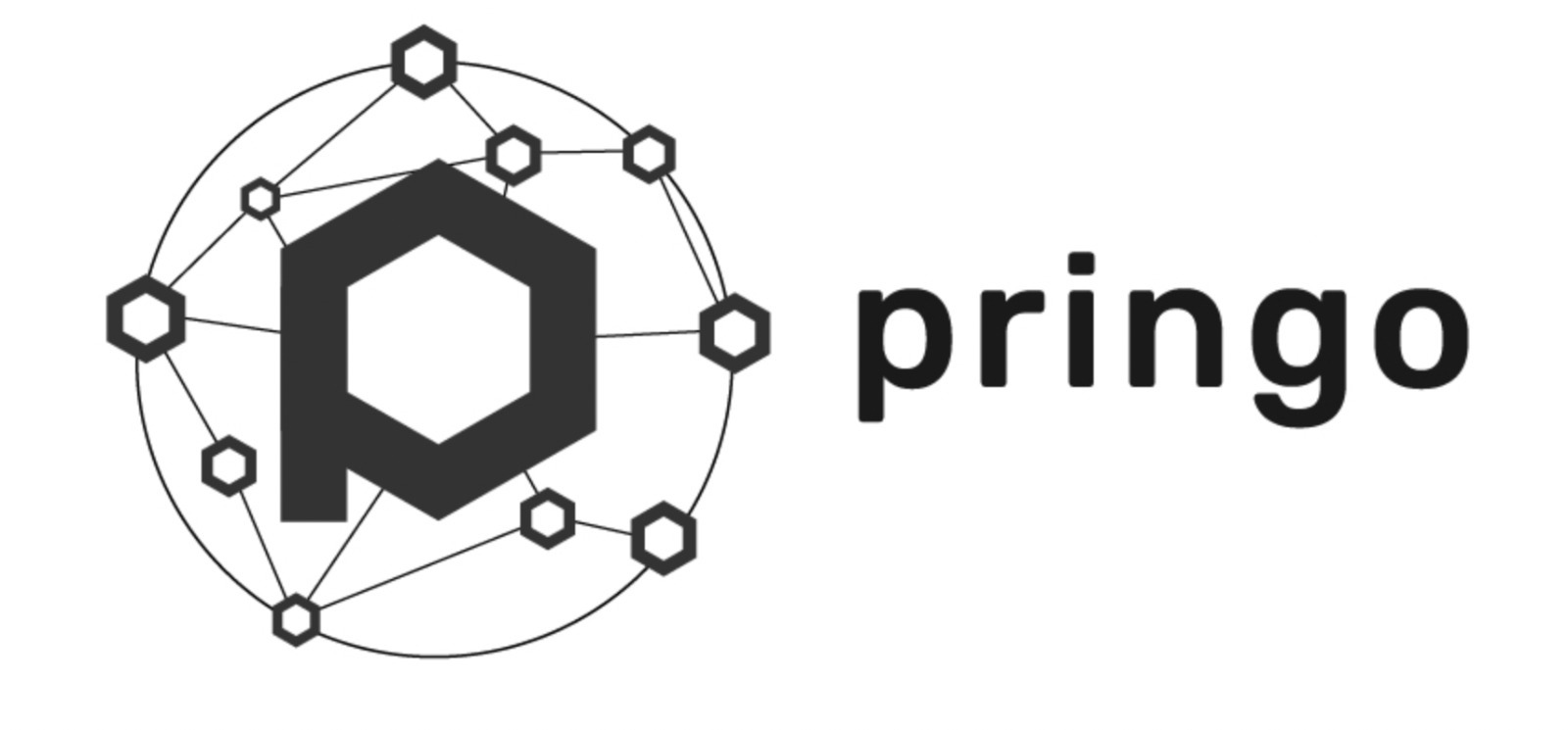
Keep up to date with our innovative initiatives.
Sign up here

Started at: 02-12-2021
Ends on: 30-09-2022
Areas: DIMO, SEG
On the 2nd Open-Call Ontochain, i2CAT was selected with the project PRINGO (Private Incentives for Common Goods), which connects common goods to video games via NFTs. Blockchain-based platform that enables applications to easily design economies where private incentives are aligned with common good incentives. Our participation is with Freeverse, The Breach Studios, and Plant for the Planet Spain.
Traditional market-based economies have proven their incredible efficiency at funding, producing, and distributing private goods. In parallel, they continue to prove their inefficiency at funding and curating public/common goods, be it forests, wildlife, climate change, social equality, or even peace. The so-called “tragedy of the commons” partly explains the root of this issue by relating it to the massive differences in incentives that drive economy agents in private versus common goods markets.
Leveraging the blockchain capabilities to design new market mechanisms, this project will provide a platform aimed at escaping from this curse in certain digital industry verticals, by realigning incentives in common goods economies so that private agents obtain benefits as significant as in private goods markets if their actions provide real value to the commons.
To limit the scope of the project, we propose an initial focus towards developing a robust link between common goods and the videogames industry. As last year’s boom in Non-Fungible Tokens (NFT) proved, users love owning digital assets (a song, a sword in a videogame), and trading them in decentralized open markets. The rules that govern these markets are public (based on opensource code deployed to a blockchain), allowing entire decentralized economies to be built around them.
The project will exploit recent advances in blockchain technology that allow NFTs to evolve as a function of how they are used by their owners, yet scale to large numbers of Daily Active Users, as provided by the layer-2 technology that Freeverse develops. The platform will allow real-world common goods to be acquired as NFTs in videogames and, most importantly, allow owners to evolve them potentially for profit, increasing their market value if their actions are aligned with the needs of the actual real good, generating a recurrent flow of value back to society.

This project has received funding from the European Union’s Horizon 2020 research and innovation programme under grant agreement No 957338